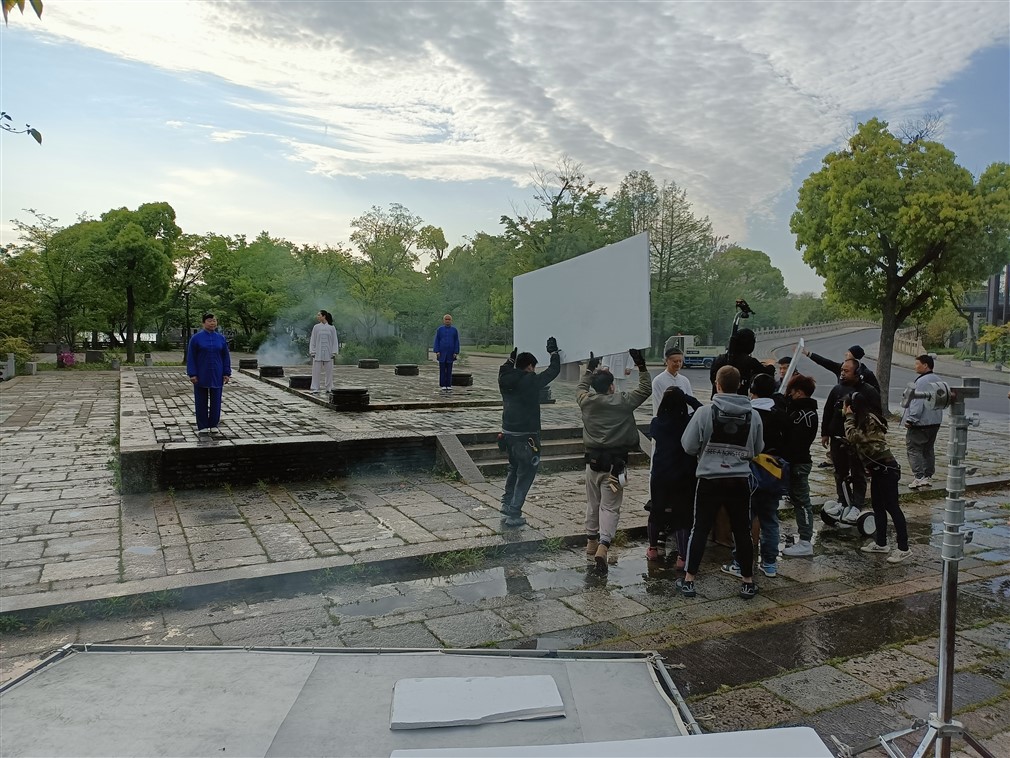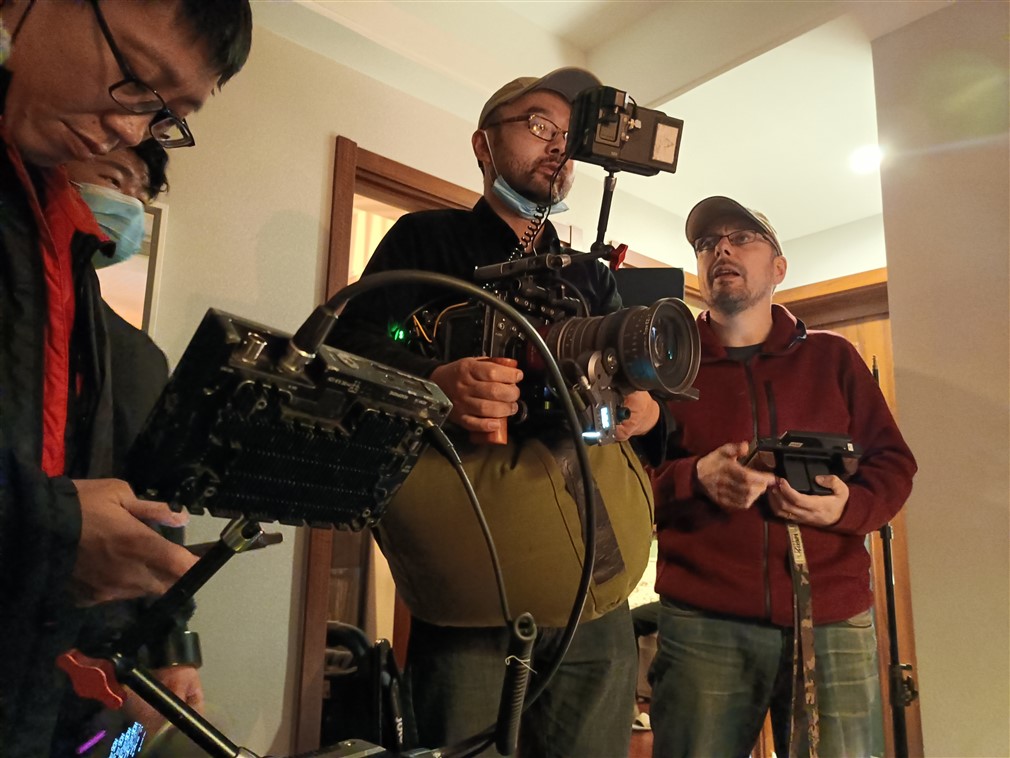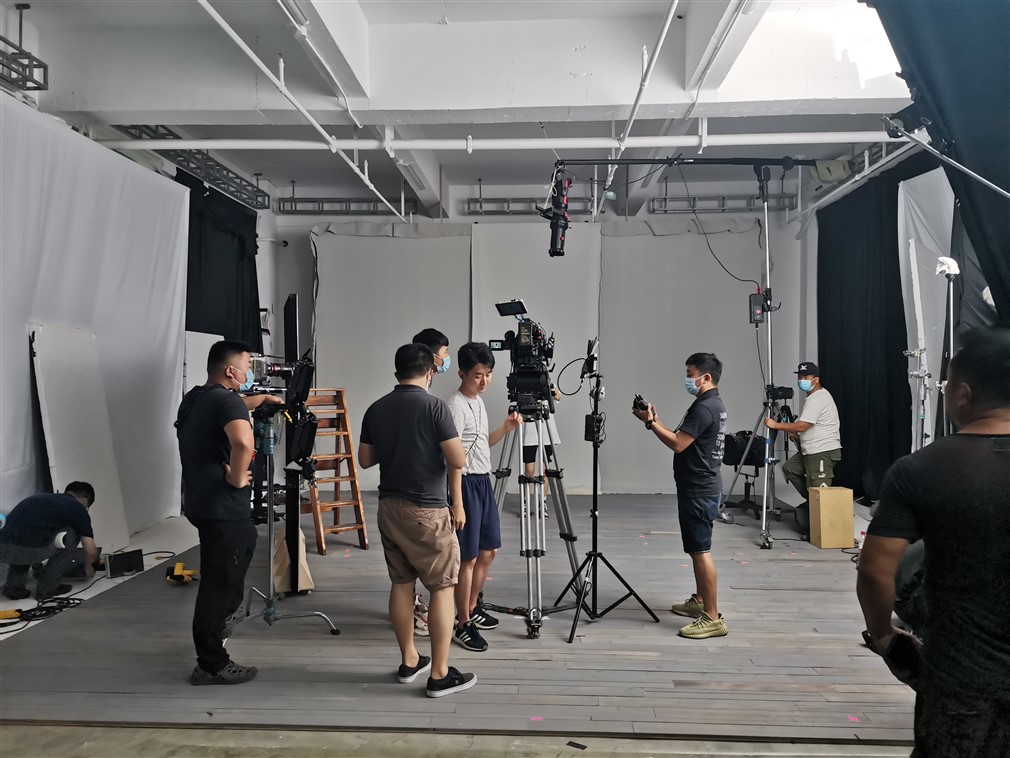Filming in Suzhou? Where ancient charm meets modern filmmaking possibilities.
Political Environment and Public Conduct: Suzhou’s political landscape fosters a favorable atmosphere for filmmakers, yet maintaining discretion in public settings is advised to avoid unwanted attention.

Production Resources: While Suzhou offers moderate production resources, talent and camera crews are readily available to support filming endeavors. Work hours typically span 10 hours for film crews, excluding meal breaks. Professional crews, including directors, cameramen, and makeup artists, can be sourced locally or from nearby cities like Shanghai or Beijing.
Weather Patterns: Suzhou experiences distinct seasons with moderate rainfall and occasional snowfall in winter. Air pollution levels remain relatively low, providing favorable filming conditions. Daylight hours vary across seasons, offering ample opportunities for capturing diverse landscapes.

Visas and Documentation: For filming in Suzhou, securing a business or work visa is recommended. While tourist visas are acceptable, they may not be ideal for filming purposes. Note that Suzhou follows China’s unilateral visa-free policy for select countries until November 30, 2024.
Carnet/ATA Carnet: Transporting filming equipment to Suzhou via carnet/ATA Carnet is feasible, but customs clearance procedures should be anticipated to ensure a smooth arrival.

Equipment Rental Facilities: Options for equipment rental in Suzhou may be limited compared to larger cities. Prospective filmmakers should weigh rental costs against transporting equipment, considering factors like availability and pricing.
Post-Production Services: Suzhou boasts numerous photo and film studios, facilitating various post-production processes. Online/offline editing, color correction, and sound post-production services are available, albeit to a lesser extent than in larger metropolitan areas.
Location Conditions: Securing location access in Suzhou involves navigating ownership distinctions between government and private entities. Private locations may offer easier access, albeit at varying costs. Studios with specialized setups, such as whitewall and green wall options, are limited but available for commercial productions.
Permit Requirements: Filming in public areas in Suzhou requires permits to comply with local regulations. Unauthorized filming is strictly prohibited, emphasizing the importance of obtaining necessary permits in advance.
Famous Filming Locations: Suzhou boasts several iconic filming locations, including the classical gardens, Tiger Hill, and the Grand Canal. These sites offer picturesque backdrops for capturing the city’s rich cultural heritage.
Equipment Rental Options: Suzhou offers a range of high-end camera equipment and lenses, including options from Arri, Red, Angenieux, Cooke, and Zeiss. Grips and lighting equipment are also readily available to meet diverse filming needs.
Drone Usage Regulations: Drone usage in Suzhou is subject to regulations, with restrictions on flying in the city center and certain height limits. Licensing requirements and event-related restrictions may apply, necessitating thorough compliance checks.
Currency and Payment Methods: Transactions in Suzhou primarily use the Chinese Renminbi (RMB). Cash payments are common, though digital payment methods like Alipay and WeChat Pay are widely accepted.
Accommodation and Meal Costs: Hotel costs in Suzhou vary depending on location and amenities, with options ranging from budget to luxury accommodations. Similarly, meal costs vary, with an array of culinary offerings to suit different preferences and budgets.
Transportation Options: Suzhou features well-connected transportation networks, including airports and train stations. Van/lorry hire is common for productions, with daily rates ranging from 150 to 200 USD. Alternatively, rideshare services like Didi and Meituan offer convenient transportation options for smaller productions.